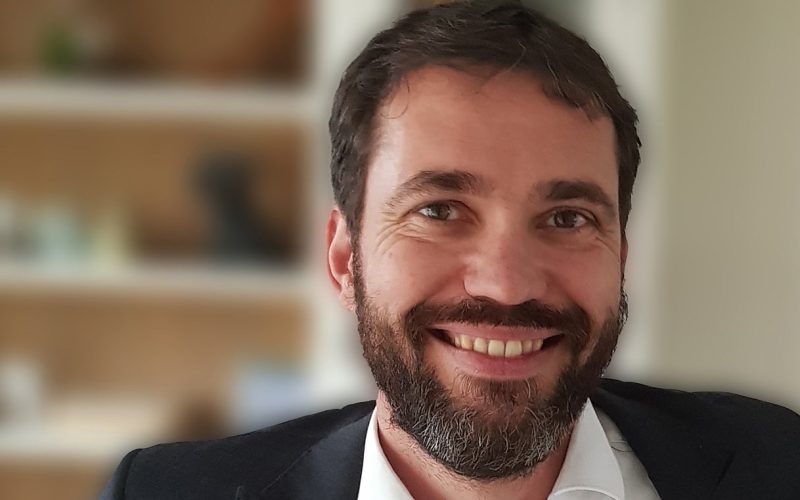This week, UMC Utrecht researchers Femke van Wijk and Jaco Zwanenburg received a Vici grant from NWO, the Netherlands Organization for Scientific Research. This grant of one and a half million euros will allow them to conduct innovative research and expand their research group over five years.
Jaco Zwanenburg, associate professor of Advanced MRI at the Department of Radiology (Division of Imaging and Oncology UMC Utrecht), is receiving a Vici grant for his research into heart rate as a source of information about the health of our brain. Whereas existing MRI techniques to determine vascular damage in the brain are limited to static, indirect measures such as infarcts, Jaco wants to change this by developing new MRI techniques that allow researchers to study the disease process at the level of the vessels themselves, and at a much earlier stage.
In recent years, thanks to an ERC starting grant, Jaco has developed MRI techniques that can accurately map the distortion of brain tissue with the heartbeat. With this Vici research proposal, he wants to go further by also developing MRI methods to measure the distortions for respiration and vasomotion. Jaco: “The innovative part of my proposal that I will link established methods from seismology to the analysis of my MRI images. With this ‘seismology of the brain’ program, I will build a research platform that can be used by medical researchers to study and understand disease processes such as microangiopathy in a non-invasive way. The dot on the horizon is to develop new biomarkers that can be used as targets for drug development in collaboration with pharma companies.”
Last month, ZonMw already announced that Femke van Wijk, professor of Immunology of Tissues (Center for Translational Immunology, UMC Utrecht), will also receive a Vici grant this year. Having previously received a Veni grant (2009), a Vidi grant (2013), this grant will allow Femke to expand her lines of research into the role of naive T cells in predicting and monitoring long-term clinical outcomes of, for example, stem cell transplantation and chronic inflammatory diseases. Femke and her research group will investigate the diversity and functional capabilities of naive T cells, as well as their role in chronic inflammation, aging and stem cell transplantation.
Femke: “With help from this grant, my goal is to provide definitive evidence of cellular heterogeneity in human naive T cells, create a new paradigm on how naive T cells are ready to respond, and clarify how this is regulated and can be manipulated. By looking beneath the seemingly quiet surface of naive T cells, we can uncover aspects that can provide strategies for optimizing vaccination, immune system repair, healthy aging and T-cell-based therapies – all of which depend on the potency of naive T cells.”
The Vici grant, along with the Veni and Vidi grants, is part of the NWO Talent Program and is intended for highly experienced researchers who have successfully developed an innovative line of research. The scientists are among the top ten in their research field. In addition, they have proven that they can act as coaches for young researchers. With the grant, the researchers can further develop their own research group over five years. A total of 33 Dutch top researchers will receive a Vici grant of one and a half million euros each.
